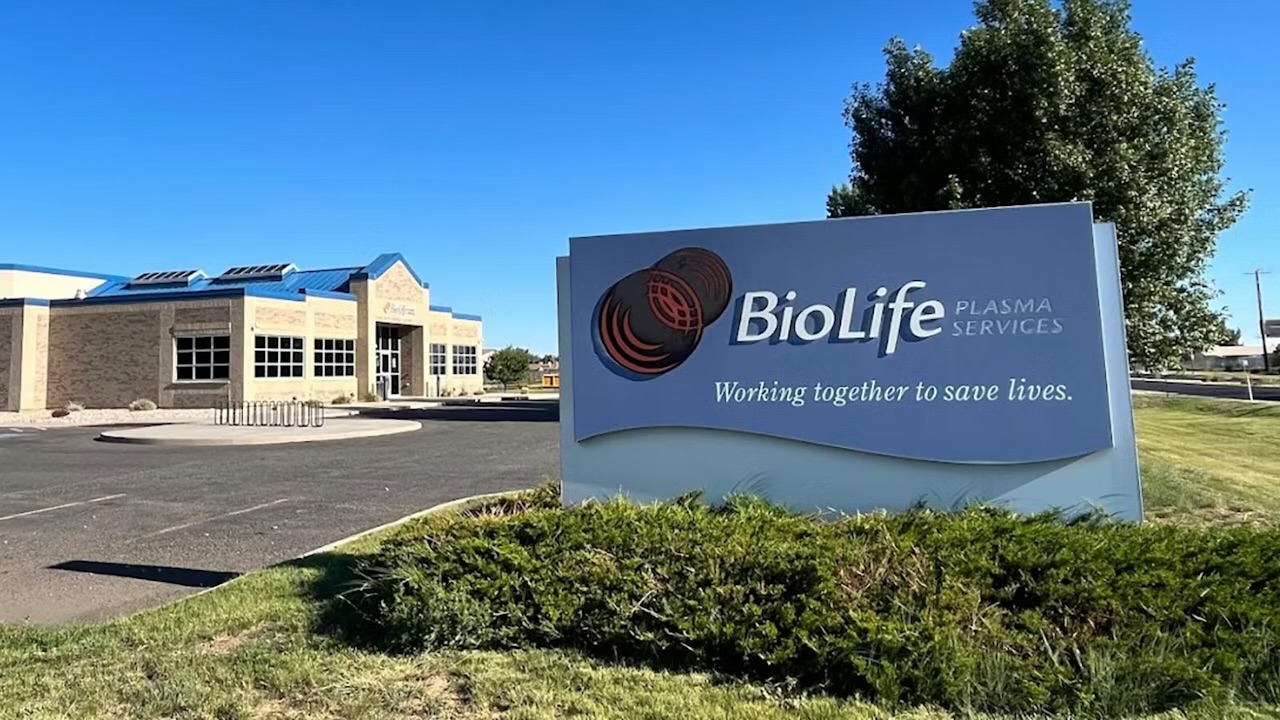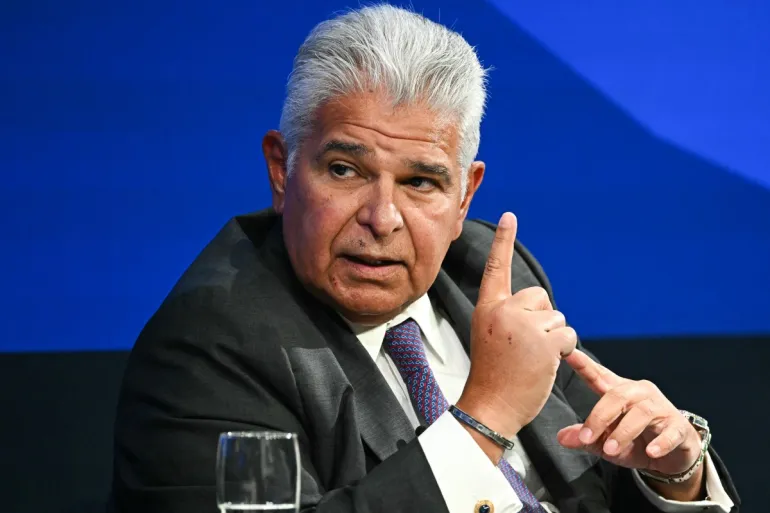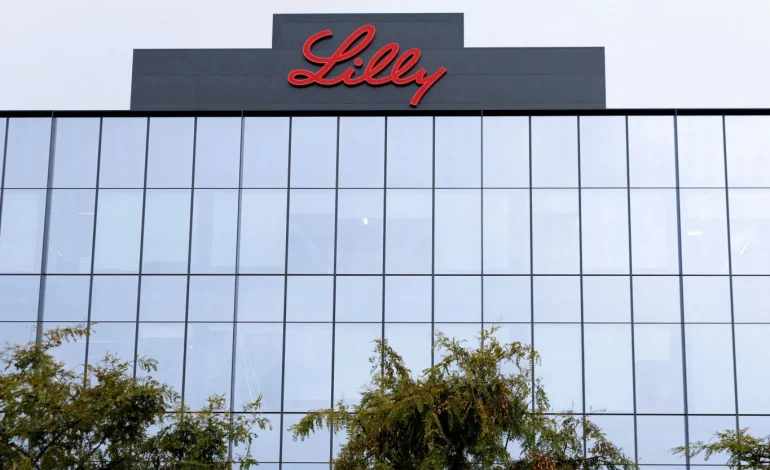Reuters, CNBC, Bloomberg, and ABC News contributed to this report.
Eli Lilly is stepping on the gas in obesity drugs again. After a mid-stage study showed its weekly injection eloralintide helped people lose as much as 20.1% of their body weight at 48 weeks, the company says late-stage trials will kick off by year-end.
Eloralintide isn’t another GLP-1 like Lilly’s Zepbound or Novo Nordisk’s Wegovy. It mimics amylin, a pancreatic hormone that slows gastric emptying and turns down appetite, while acting on amylin receptors in the brain. That different pathway is drawing big-pharma attention because it could deliver GLP-1-class weight loss with potentially gentler side effects and better preservation of lean mass.
In Lilly’s Phase 2, 263 adults with obesity or who were overweight — and had at least one obesity-related condition but no type 2 diabetes — received weekly doses. On the low 1 mg dose, patients lost about 9.5% of body weight; on the top 9 mg dose, they dropped 20.1% on average. Placebo barely budged. Weight loss kept trending down through week 48, and participants also saw improvements in waist size, blood pressure, lipids and inflammation markers.
Side effects looked familiar for the category — mostly mild to moderate gastrointestinal issues and fatigue — appearing more often at higher doses. Gradual dose escalation reduced those complaints. Discontinuations on the highest dose were in the same ballpark as placebo in the Lancet-published study.
The readout instantly resets expectations in the amylin race. Analysts called it the strongest signal yet that amylin agonists can match or even top GLP-1-like efficacy, putting Lilly “in the driver’s seat.” It also turns up competitive heat on programs from Zealand Pharma (partnered with Roche), Novo Nordisk, Pfizer and AbbVie, all chasing the same target. Zealand’s shares slid on the news, even as its CEO said Lilly’s data validates the class.
Strategically, eloralintide gives Lilly another shot on goal in a market forecast to approach $100 billion by decade’s end. The company already dominates with Zepbound and is lining up an oral GLP-1; adding a potent amylin analog could let physicians mix mechanisms to tailor effectiveness and tolerability patient by patient.
Bottom line: a once-weekly amylin that delivers up to 20% weight loss without a tolerability trade-off would be a formidable second engine in Lilly’s obesity portfolio. Phase 3 starts next — and the rest of the field just got a higher bar to clear.










The latest news in your social feeds
Subscribe to our social media platforms to stay tuned